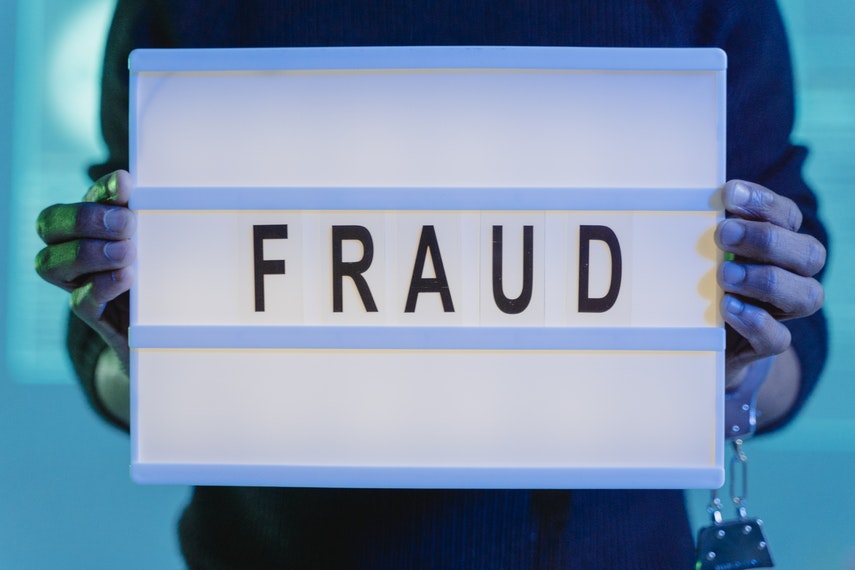With a PracticalESG.com Membership, you get full access to Blogs and so much more.
Articles
Daily insights and analysis from leading practitioners to keep you up to date with the latest ESG trends
Checklists
Brief synopsis to highlight the elements needed to cover your bases and comply with the rules
Guidebooks
Resources that provide detailed discussions on the understanding and application of the rules
Q&A
Community platform giving you the ability to ask practitioners questions and receive timely help with direct responses
Surveys
Interactive surveys covering relevant topics with feedback from peers and other practitioners in your industry
Webcasts
Industry practitioners and consultants provide perspective on current topical issues and trends
Unlock full access now





